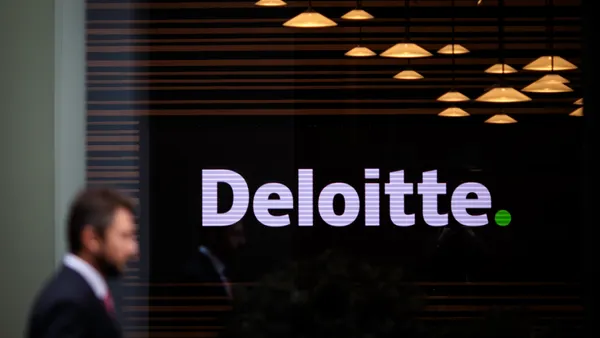Tribal knowledge.
It’s a strange term to be sitting alongside the buzzwords and technobabble of modern language, almost awkward in its fit right there next to related topics like cognitive services, analytics, and AI. "Tribal" is a word that summons a sense of more primitive human experiences, things that we knew and understood contextually, passed down through interactions with and among one another long before our every interaction could be stored as bits and bytes in an almost ethereal digital format. Yet it persists because we do; human beings are so much more than the machines we create. The tribal knowledge we accumulate, share, and propagate owes far more to lived experience than anything solid.
Perhaps that's why it's so hard to manage-- why "knowledge management" remains perhaps the most elusive holy grail of enterprise initiatives. Tribal knowledge is lived experience-- of systems and structures, files and processes, hierarchies and heuristics-- and while the letter of it can be documented, the animating spirit that makes what's in those documents work is too often lost. Search boxes work for content management because content is a thing; search boxes fail for knowledge management because knowledge is most often an idea. Ideas need people, and so of course the best route to capitalizing on tribal knowledge is retention of the people who possess that knowledge.
So what happens to that tribal knowledge when a chunk of the tribe moves on? Traditionally, of course, it leaves with them. And this, so the reasoning goes, is the number one reason why large enterprises need better knowledge management. The threat attrition presents to business continuity-- employees walk out the door, and their tribal knowledge leaves with them-- has long been recognized as a problem.
Once, knowledge management was purely a reaction to the long retreat of the Baby Boomers from corporate life. Now, while the loss of long-tenured experts remains a factor, people in knowledge-heavy roles are changing companies and careers faster than ever before. Whether you call it a resignation, a reset, a retrenchment or just plain ridiculous, what we now see is HR professionals and knowledge managers facing the unenviable threat of substantial attrition on two separate fronts. The truth is that a system alone can't fix this; organizations in constant flux have a problem that won't be solved by predictive search, cognitive services or targeted content.
That's right. It's not about managing attrition anymore. That's a reactive approach.
The number one benefit of better managing tribal knowledge is action, not reaction-- a desire to prevent attrition up front by actively focusing on culture, engagement, and authenticity.
In other words, capitalizing better on tribal knowledge means building a culture of retention. Tribal knowledge is much, much more about the context of your data than it is the content of the data itself-- so we must use it to engage and empower people within the structure of the aspirational enterprise culture that we want to create.
The baseline of knowledge management is surrounding your people with the knowledge they need to do their work effectively-- this has not changed. The difference with a modern employee experience platform like Microsoft's Viva suite is that it begins with this assumption, but moves beyond it to help ensure people ultimately feel that the work they do matters.
Monitoring an individual or team's activity for signs of burnout and giving them options to address it may not seem, at first blush, to be a knowledge management task. Setting clear objectives, and measuring (and encouraging) progress toward them? Checking in on employees' time management and mental health? Seen within the context of tribal knowledge, however-- something inherently grounded in a human individual's known experience-- proactively addressing burnout is enabling retention, and retention of people means retention of tribal knowledge.
Succeeding in a volatile market, meanwhile, requires agility-- and agility in business demands flexibility in people. Regularly and efficiently re-skilling, leveling up, is necessary for people in all roles from the shop floor to the C-suite, and a modern employee experience platform provides for that opportunity. The tribal knowledge previously built up by individuals can subsequently become part of a collective, improved upon within a collaborative climate, made more powerful by not just technical platforms but cultural structures that encourage and reward sharing. And aren’t your employees more likely to remain employed in a place they feel is committed to their personal growth, a place where they feel like the experts they are? Indeed they are.
Supply drives demand. Scarcity drives value. In a volatile marketplace riven by disruption and favoring the individual over the enterprise, tribal knowledge has never been more valuable to large organizations. The best of them will recognize that extracting that knowledge from employees before they leave is far, far less impactful than creating cultures where employees feel valued, listened to, and empowered-- cultures where they want to remain. It is in those cultures where tribal knowledge will grow and thrive, transcending the individual to truly impact the organization. Wise use of modern employee experience platforms like Microsoft's Viva suite will help those cultures continue to grow and evolve.










